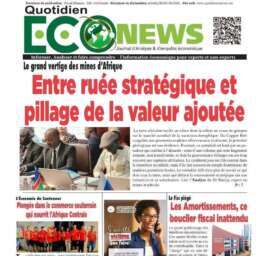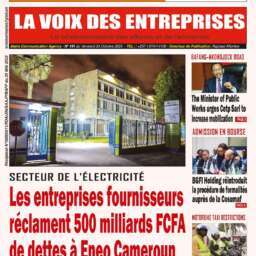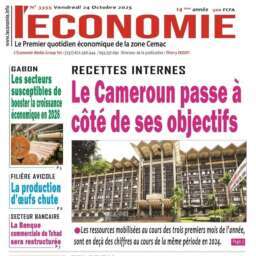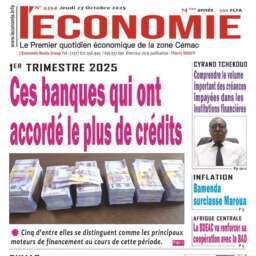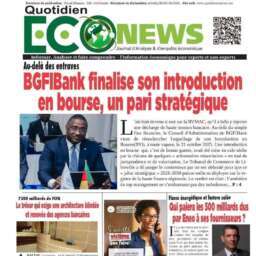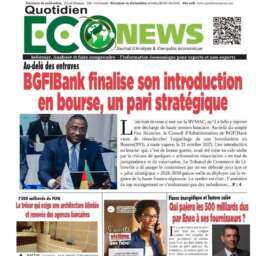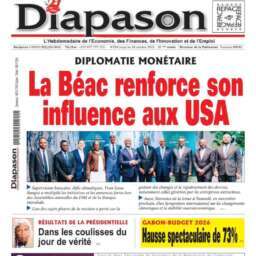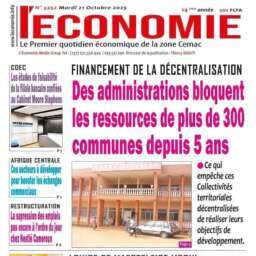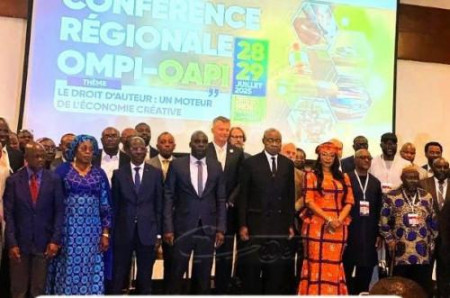(Business in Cameroon) – Public officials, experts, and cultural stakeholders from the 17 member states of the African Intellectual Property Organization (OAPI), have been meeting in Yaoundé since July 28. They are focused on a strategic objective: turning copyright into a growth driver for Africa’s creative economy. The regional conference, which concludes on July 29, is expected to produce a concrete roadmap.
“The aim is to optimize the use of copyright to drive the development of the creative economy in our countries,” summarizes Denis Bohoussou, Director General of OAPI. The discussions are intended to better structure and finance key sectors including film, music, and visual arts, to boost their economic and fiscal impact.
According to UNESCO, cultural and creative industries already represent 2.2% of Africa’s GDP, over $58 billion, and employ nearly five million people. These are mainly young people and women, in fields such as music, film, audiovisual production, and design. The consumption of cultural goods and services on the continent could reach nearly $15 billion by 2030, driven by digital technologies and streaming.
In Cameroon, these sectors account for about 3% of GDP and generate thousands of jobs, often in the informal economy. Music and audiovisual content, in particular, are increasingly exported across Africa and to the diaspora. But due to a lack of structure and efficient rights management systems, nearly 70% of the revenues generated still escape both creators and governments, according to OAPI.
The potential remains immense but largely untapped. In Cameroon, a cultural powerhouse of Central Africa, creative industries already generate significant income. However, they are held back by informality, lack of funding, and weak valuation of cultural heritage. “These are challenges we must overcome to unlock this potential,” stresses Pierre Ismaël Bidoung Kpwatt, Cameroon’s Minister of Arts and Culture.
To build an effective strategy, OAPI relies on support from the World Intellectual Property Organization (WIPO) and member governments. Beyond simple legal protection, already guaranteed by the Bangui Agreement, the goal is clear: to turn cultural industries into pillars of economic diversification and job creation on a continent still too dependent on raw materials.
Frédéric Nonos




